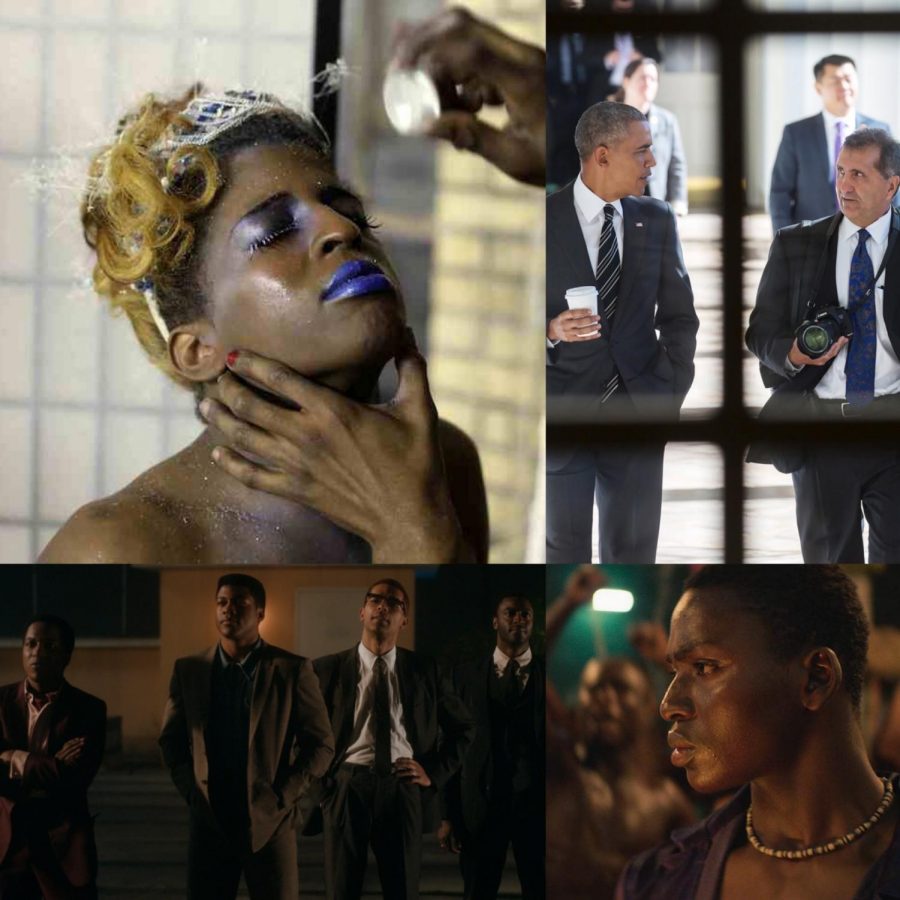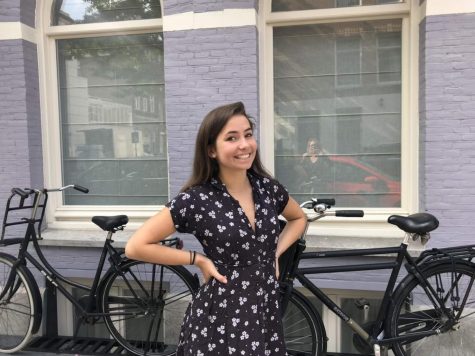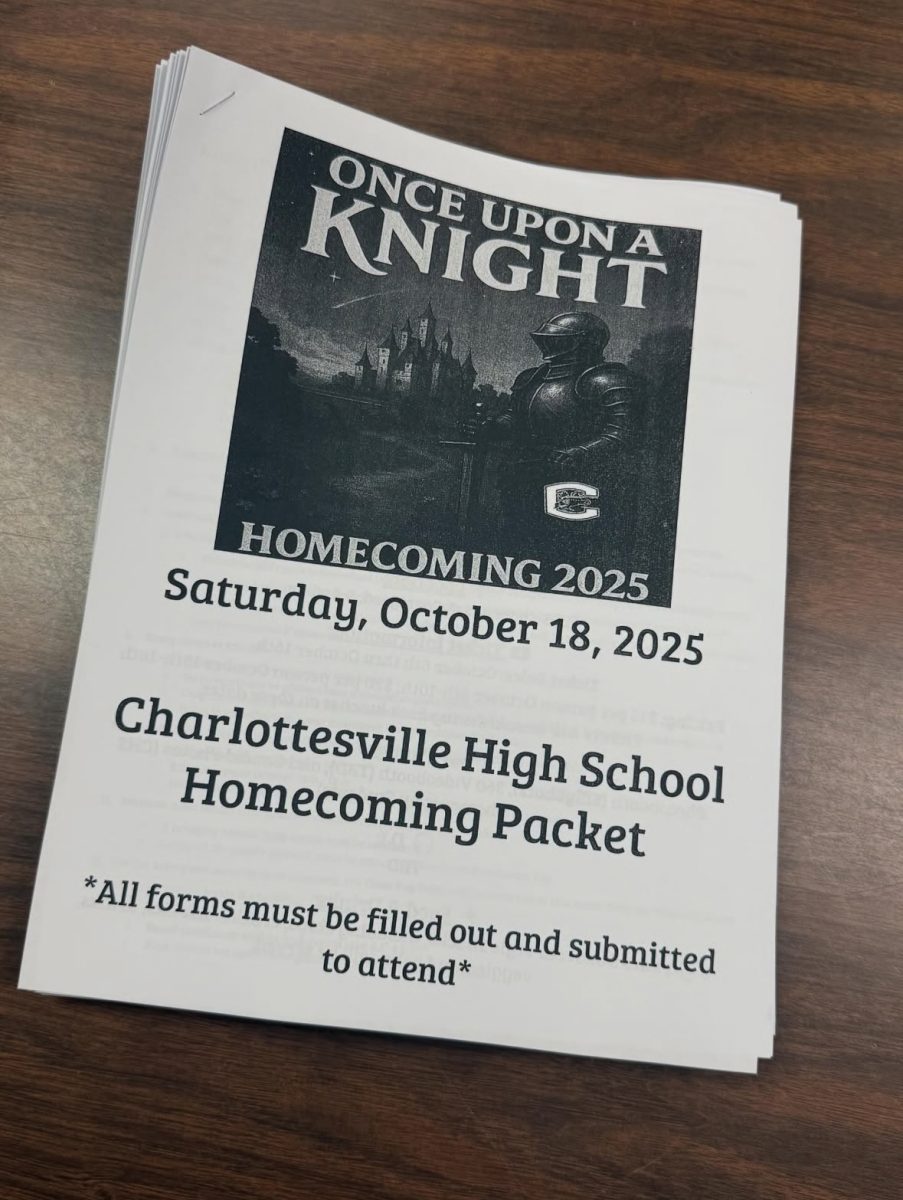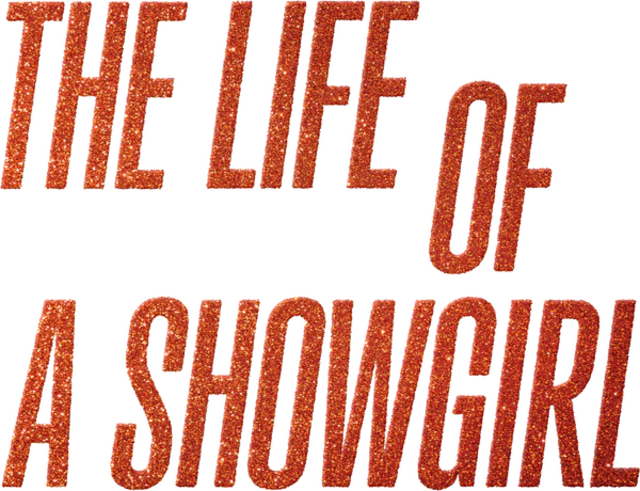Drive-Ins and Diversity: A Review of the 33rd Annual Virginia Film Festival
The annual Virginia Film Festival had a different look this year. Read to discover how the VAFF still managed to bring the arts to Charlottesville, and reviews of some of the films and movies!
Images used under SPLC guidelines, graphic by Kyri Antholis
A review of some of the films offered at this years film festival: Pier Kids, The Way I See It, One Night in Miami, and Night of the Kings
October 29, 2020
The Virginia Film Festival, a program of the University of Virginia, brings yet another season of art and culture to Charlottesville every year. An event that has grown in size and reputation over the past ten years under the direction of Jody Kielbasa, the 33rd Film Festival took a new approach this year due to the pandemic. Still, the Festival strongly maintained its mission to bring people together over film, art, and stories.
Most residents of Charlottesville recognize the time of the Film Festival every year when the Downtown Mall is lined with vibrant posters depicting the Festival’s features, and when residents and visitors fill auditoriums and conference halls to watch, listen, and enjoy the wide collection of films and events that the Festival has to offer. However, this year looked different. The Festival offered two new forms of viewing: a virtual pass that allowed payers access to about 70 feature films, interviews, documentaries, and short films; and drive-in movie options each night at two separate locations screening the feature films One Night in Miami, Gunda, Ammonite, MLK/FBI, Shithouse, Shiva Baby, and Nomadland.
“I haven’t been to a drive-in movie since I was a kid,” said Kielbasa, who’s been the Festival’s director since 2009, when describing the new structure of the Film Festival. He explained that he was excited for this opportunity to relive some nostalgic experiences. “I wanted to see what it would be like for our audience. I wanted to do something where we can bring people together and they can share the experience, even safely from their cars.” The drive-in screenings were held at the Dairy Market on Preston Avenue and at Morven Farm, a property owned by U.Va., located near Monticello. Both settings offered their own experiences — one provided a more urban feeling, while the other hosted a backdrop of the Blue Ridge Mountains, both classic Charlottesville settings.
The virtual structure of this year’s Festival did allow for more flexibility for both the organizers and the participants. Viewers were able to watch most films at their own pace throughout the five days that films were offered, without having to worry about transportation or timing. The Festival was also able to get many more creators and artists to participate in interviews and panels, including Leslie Odom Jr., the Hamilton star who portrayed Sam Cooke in One Night in Miami; film star Annette Benning; the creators of Athlete A; White House photographer Pete Souza; Vince Gilligan and Mark Johnson, the creator and producer of Breaking Bad; and many more impressive creators. Kielbasa described how these online, hour-long interviews were an easier request to make of these artists, and he can see these virtual discussions being part of future festivals, even if screenings are able to return in-person.
A struggle the Festival did face was getting access to certain films. Kielbasa explained that it’s currently very hard for festivals to get studios to offer their films as they struggle to find the best way to release the films without theaters. “The film industry is already under a tremendous amount of destruction due to streaming services,” Kielbasa said. “But this year, with the closing of major movie theater chains, studios are really holding onto their films while they’re trying to make decisions as to where to place their films.”
The power of the arts at any time in history is its ability to reflect what society is experiencing to impact its audience. This is no different for the Virginia Film Festival and is something Kielbasa and the rest of the VAFF organizers consider each year, especially at this moment in time. When Kielbasa stepped into the role of director, there was a tradition of the Festival having a theme to connect all of the events. But Kielbasa quickly realized that was more limiting than it was impactful.
“You choose the theme in January, and by the time the Festival rolls around, the world might have changed. There are so many stories and so many broad topics, so why would we choose to limit ourselves to one thing?” Kielbasa said. As the Festival began including a broader range of films, it started to grow as they were able to become more representative and reach a greater audience. “It’s more inclusive and far more interesting to people,” he said.
While there is no concrete theme for the Festival, the organizers try to choose films and events relevant to the community. After the events of August 11th and 12th, 2017, VAFF screened the series Race in America. They’ve continued that focus, and this year had a series of films called An American Perspective, along with other representative categories, like Women in Film, Korean Film Series, LGBTQIA+ Focus, and more. “We had a commitment to screen at least 50% of the films that have content that represents Black, Indigenous, P.O.C., or women,” Kielbasa said.
While this Festival was inevitably held at a much smaller scale than previous years, like many other things during the pandemic, the solutions proved themselves to be practical and possibly useful for the future. Furthermore, the Festival has made itself indispensable to our community during a time as uncertain, stressful, and limiting as this. “I think it’s important for Charlottesville right now to have something to celebrate, to sit back and enjoy,” Kielbasa said. “It’s a little bit of normalcy amidst all of this, even if it’s done differently.”
Event Reviews
These are some of the favorite events from this years VAFF that are experienced through
Night of the Kings
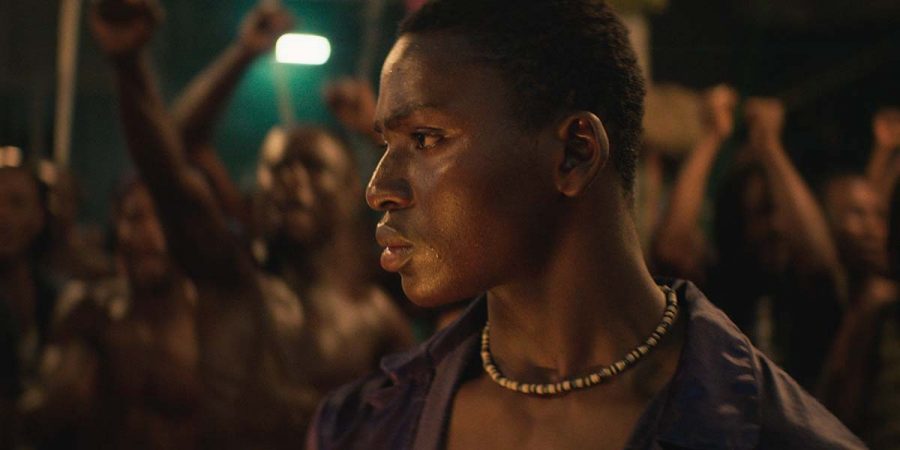 Night of the Kings tells the story of La Maca, a prison on the Ivory Coast of Africa which is run not by the guards but by the prisoners. A young man named Roman was arrested for affiliation with a powerful gang member who was just killed. When he arrives at the prison, he is informed that the red moon will rise that night, and he must entertain the prisoners with a story, per tradition. If he fails to perform, he will be killed. Meanwhile, there is a mutiny forming between the gang leaders while the guards realize they have lost total control over the prison. This foreign language film tells a powerful story about human nature and survival, brought to life by a strong setting and even stronger characters.
Night of the Kings tells the story of La Maca, a prison on the Ivory Coast of Africa which is run not by the guards but by the prisoners. A young man named Roman was arrested for affiliation with a powerful gang member who was just killed. When he arrives at the prison, he is informed that the red moon will rise that night, and he must entertain the prisoners with a story, per tradition. If he fails to perform, he will be killed. Meanwhile, there is a mutiny forming between the gang leaders while the guards realize they have lost total control over the prison. This foreign language film tells a powerful story about human nature and survival, brought to life by a strong setting and even stronger characters.
One Night in Miami
One Night In Miami, Regina King’s directorial debut, is a film adaptation of the play One Night in Miami, written by Kemp Powers, about a night in February of 1964 where Cautious Clay, soon to be known as Muhammed Ali, defeated Sonny Listen to be
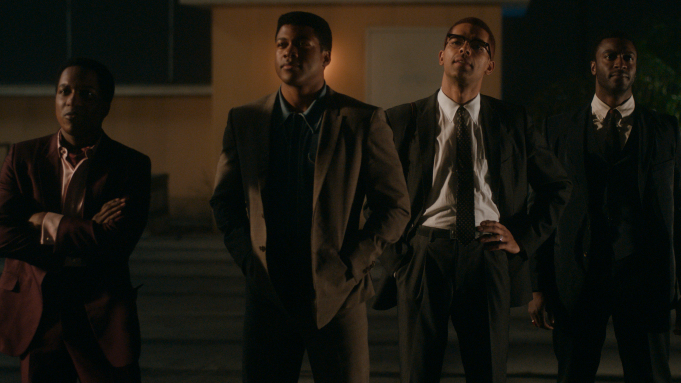
the Heavyweight Champion at age 22. He then chooses to celebrate with his friends Malcolm X, Sam Cooke, and Jim Brown at the Hampton Hotel. The night prefaced huge moments for the four men and for history: Clay’s commitment to the Islamic faith, Sam Cooke’s release of “A Change is Gonna Come,” Jim Brown’s retirement from the NFL, and Malcolm X’s death. While no one will ever truly know what was said in the hotel room that night, the movie follows powerful conversations between four of the most renowned Black men during the Civil Rights movement as they discuss fame, power, religion, and friendship.
In addition to the drive-in screening of the movie, the VAFF offered an on-demand interview with Leslie Odom Jr., who played Sam Cooke in the film. In his discussion with culture critic and Pulitzer Prize finalist Soraya McDonald, he talks about his preparation for the role of Sam Cooke and the process of production, what these four icons mean to the world, and his position as a Black artist and creator.
The Way I See It
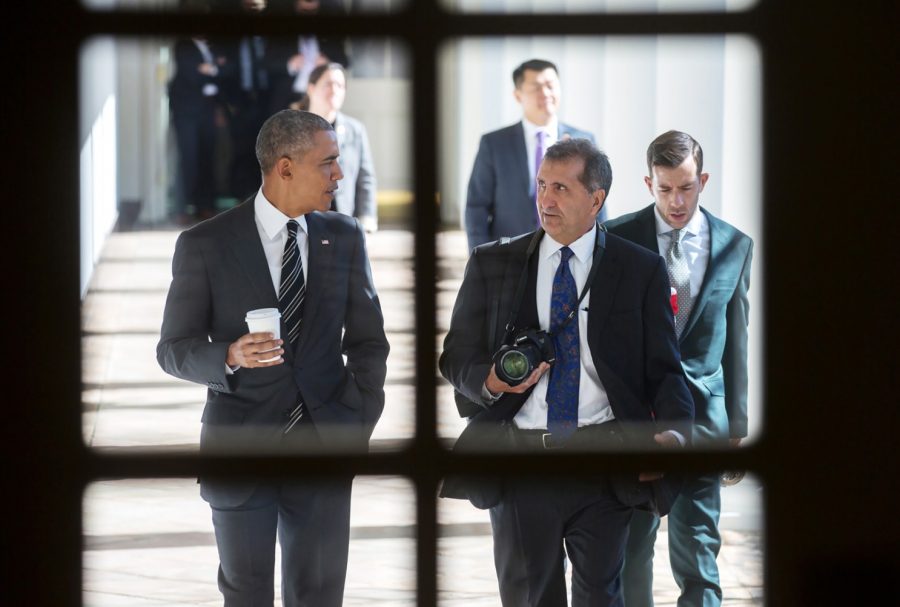 The Way I See It is a newly released film documenting Pete Souza’s time as a political photojournalist under both the Reagan and Obama administration. “I think the film showcases the importance of having a true leader in the White House,” says Graham Lenert, a junior at Charlottesville High School who was moved by Souza’s work. “The film demonstrates the vital yet under-appreciated soft skills of President Obama. Souza says that we need someone leading our country who will listen to scientists, advisors, and the public; and I agree.” The Virginia Film Festival offered an exclusive interview with Souza, conducted by Chris Lu, the former Deputy Secretary of Labor. In the interview, Souza describes some of his most famous photos, his experience in the Obama administration, the power of his photography in and out of the White House, and his beliefs about the current administration. The Way I See It is offered on Prime, iTunes, and other streaming platforms.
The Way I See It is a newly released film documenting Pete Souza’s time as a political photojournalist under both the Reagan and Obama administration. “I think the film showcases the importance of having a true leader in the White House,” says Graham Lenert, a junior at Charlottesville High School who was moved by Souza’s work. “The film demonstrates the vital yet under-appreciated soft skills of President Obama. Souza says that we need someone leading our country who will listen to scientists, advisors, and the public; and I agree.” The Virginia Film Festival offered an exclusive interview with Souza, conducted by Chris Lu, the former Deputy Secretary of Labor. In the interview, Souza describes some of his most famous photos, his experience in the Obama administration, the power of his photography in and out of the White House, and his beliefs about the current administration. The Way I See It is offered on Prime, iTunes, and other streaming platforms.
We Can Relate to That
One of the many collections of Narrative Short films that the VAFF offered, We Can Relate to That, is a series of shorts that tell simple, poignant, and funny stories. Anna is about a Ukrainian butcher who decides to go to a singles party where she can meet American men. Odd, a bit gloomy, but will make you laugh. Meow, Meredith follows a lonely artist whose cat dies, and she reluctantly allows a strange neighbor to help her in her grieving. Inhale is a short documentary about the reality of having a child with Cystic Fibrosis, a terminal disease, told through the narrative of both the mother and daughter, with stunning yet heartbreaking footage of their life. We Got This portrays a late-night conversation between a mixed-race couple after their son breaks curfew on his prom night as his Black mother has to explain to his white father all of the privileges their son lacks to ensure his safety at any given time.
Pier Kids
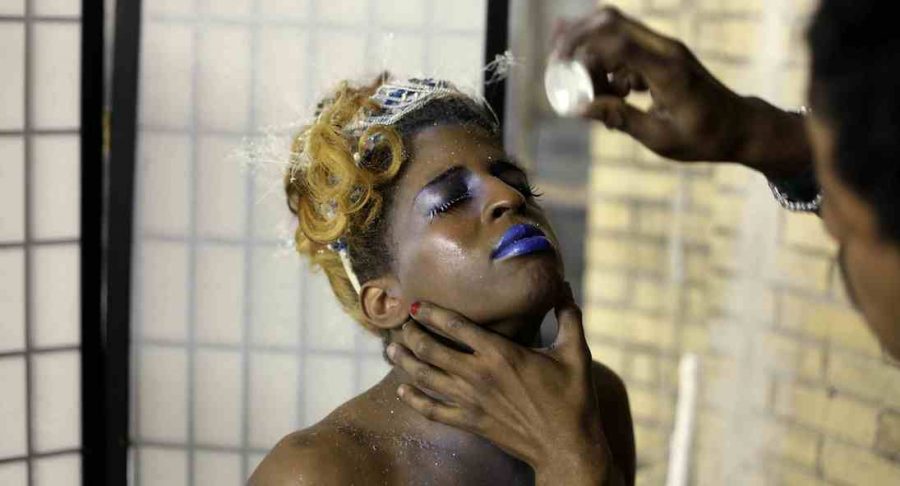 Pier Kids is a gritty documentary following the lives of young, LGBTQIA+, Black individuals living in New York City in the 2010s. The film focuses on the groups that gather at the piers of New York City who celebrate their collective struggles and joy as they have no place else to go. The film is a collection of raw interviews and footage as its subjects try to survive, all while defining their identity and relying on this strong but difficult community. The documentary is gritty and real, powerful in its truth and beauty, and paints a moving picture of what life is like for some.
Pier Kids is a gritty documentary following the lives of young, LGBTQIA+, Black individuals living in New York City in the 2010s. The film focuses on the groups that gather at the piers of New York City who celebrate their collective struggles and joy as they have no place else to go. The film is a collection of raw interviews and footage as its subjects try to survive, all while defining their identity and relying on this strong but difficult community. The documentary is gritty and real, powerful in its truth and beauty, and paints a moving picture of what life is like for some.
A Conversation on Netflix’s Athlete A
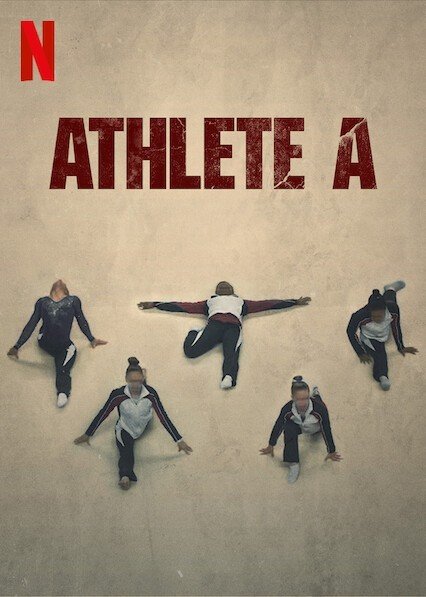 Athlete A, offered on Netflix, tells the story of the case against gymnastics doctor Larry Nassar, who was eventually accused of sexual abuse against at least 250 women. The documentary features many of his victims, as well as follows the reporters at the Indianapolis Starr who first broke the story. It also describes the toxic environment of the USA Gymnastics that impacted so many young girls and athletes. The VAFF offered an interview with the directors of Athlete A, Bonni Cohen and Jon Shenk, as they discussed the importance of investigative journalism, the steps they took to accurately represent so many women’s harrowing stories, and the impact of their film on the world of athletics.
Athlete A, offered on Netflix, tells the story of the case against gymnastics doctor Larry Nassar, who was eventually accused of sexual abuse against at least 250 women. The documentary features many of his victims, as well as follows the reporters at the Indianapolis Starr who first broke the story. It also describes the toxic environment of the USA Gymnastics that impacted so many young girls and athletes. The VAFF offered an interview with the directors of Athlete A, Bonni Cohen and Jon Shenk, as they discussed the importance of investigative journalism, the steps they took to accurately represent so many women’s harrowing stories, and the impact of their film on the world of athletics.


